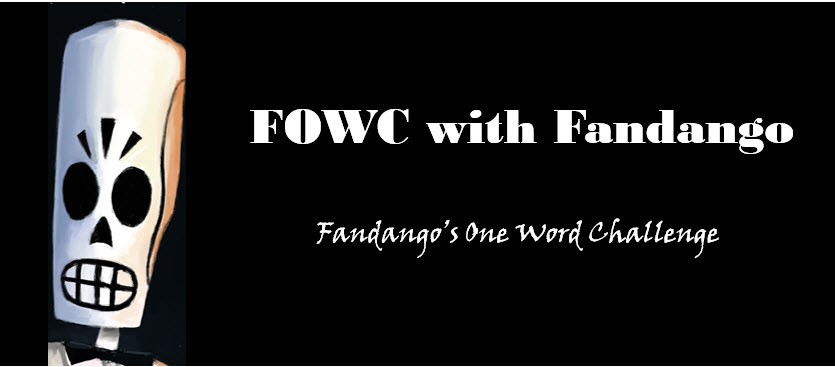 Welcome to February 1, 2021 and to Fandango’s One-Word Challenge (aka, FOWC). It’s designed to fill the void after WordPress bailed on its daily one-word prompt.
Welcome to February 1, 2021 and to Fandango’s One-Word Challenge (aka, FOWC). It’s designed to fill the void after WordPress bailed on its daily one-word prompt.
I will be posting each day’s word just after midnight Pacific Time (US).
Today’s word is “unicorn.”
Write a post using that word. It can be prose, poetry, fiction, non-fiction. It can be any length. It can be just a picture or a drawing if you want. No holds barred, so to speak.
Once you are done, tag your post with #FOWC and create a pingback to this post if you are on WordPress. Please check to confirm that your pingback is there. If not, please manually add your link in the comments.
And be sure to read the posts of other bloggers who respond to this prompt. You will marvel at their creativity.
https://lssattitudeofgratitude.wordpress.com/
LikeLiked by 2 people
https://paperkutzs.com/2021/02/01/fowc-with-fandango-unicorn/
LikeLiked by 1 person
LikeLiked by 3 people
LikeLiked by 1 person
https://www.jacobinmag.com/2021/02/george-orwell-1984-censorship-socialism
To describe Orwell as a democratic socialist — a term he explicitly embraced — might at first seem rather surprising. After all, Orwell’s …
… posthumous reputation as a caustic critic of socialist revolution is … mostly an artifact of a Cold War culture in which his works were enlisted as anti-Soviet propaganda.
It’s true that Orwell opposed Soviet-style communism, but what is rarely included within the predominant cultural image of Orwell as an anti-communist crusader is that he did so not out of any love for capitalism but in order to save socialism from what he considered a dire threat to its original liberatory meaning. Here is how he explained his intentions in the preface to the Ukrainian edition of Animal Farm:
[I]n my opinion, nothing has contributed so much to the corruption of the original idea of Socialism as the belief that Russia is a socialist country. . . . And so for the past ten years I have been convinced that the destruction of the Soviet myth was essential if we wanted a revival of the Socialist movement.
Orwell’s antipathy to Soviet communism stemmed not from a hostility to socialism but from his firsthand experience of Soviet methods, which he in fact criticized as anti-revolutionary. He came to this conclusion after fighting with … an independent Marxist party, during the Spanish Civil War. …
…. Already hostile to Bolshevism as a style of politics, Orwell solidified his anti-Soviet views in light of his Spanish experiences.
But this did not mean that he gave up on revolutionary socialism — just the opposite, in fact. As World War II broke out and Orwell found himself once again looking down the barrel of a fascist gun back home in England, he sought to apply the lessons he learned in Spain.
Orwell’s 1941 pamphlet The Lion and the Unicorn: Socialism and the English Genius represents his attempt to make the POUM’s argument in an English context. To defeat the Nazis, Orwell claimed, the English people must forge an indigenous socialism out of their own political and cultural traditions, marshalling England’s native socialist sentiment to usher in the kind of sweeping transformation at home that would build the morale necessary for winning the war against fascism abroad. Points in the socialist program that Orwell sketched in The Lion and the Unicorn included the nationalization of major industries and the equalization of incomes.
………
Though it is questionable whether Trump possessed the skill and ambition to become the kind of dictator that his opponents feared he would, his victory in 2016 and the 74 million votes he won in 2020 suggest there is at least the potential for a more committed and competent demagogue to succeed on the basis of similar appeals. After all, the conditions of alienation and resentment that enabled Trump’s initial success are still in place and will continue to fester so long as capitalism remains unrestrained by countervailing social democratic forces.
Stopping the next Trump-like figure will therefore require activating the popular energies that Orwell believed were the key to defeating fascism. As Winston Smith, the protagonist of Nineteen Eighty-Four tells us, if there is hope, it lies in the proles.
LikeLike